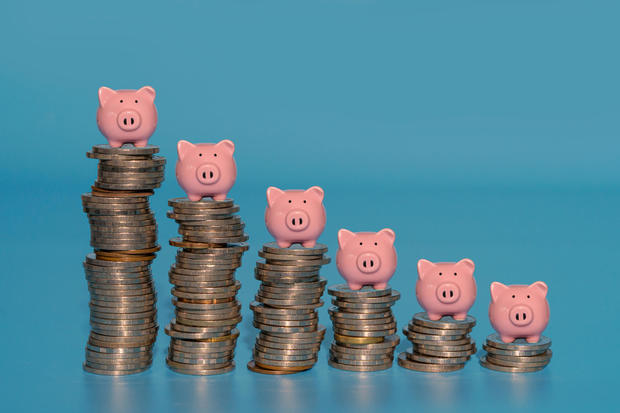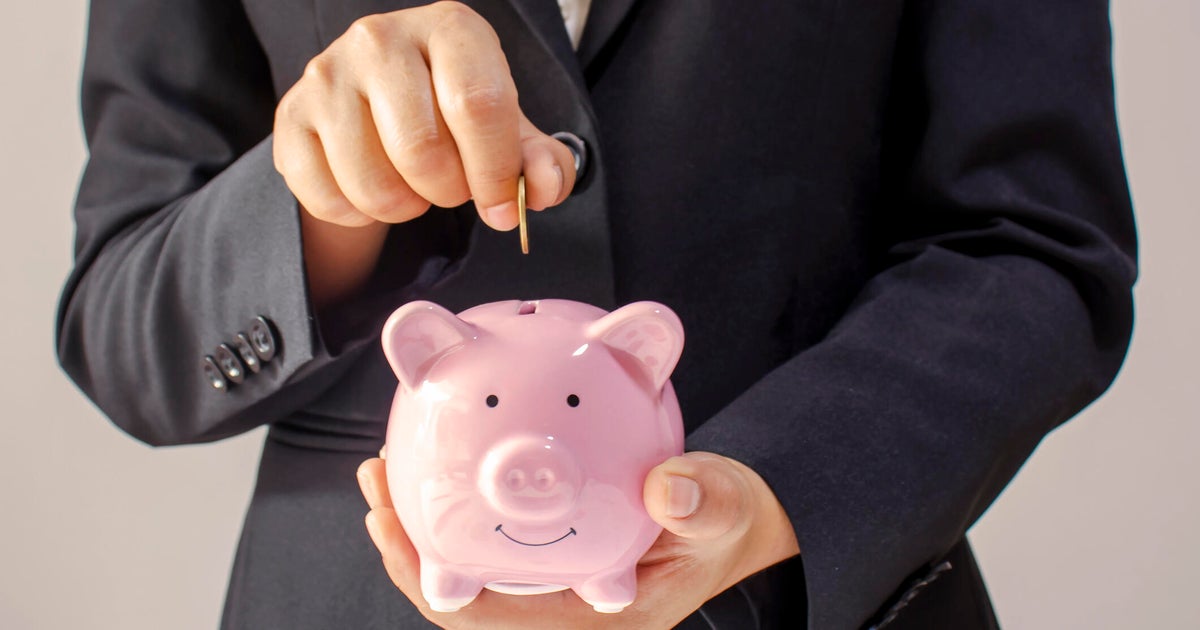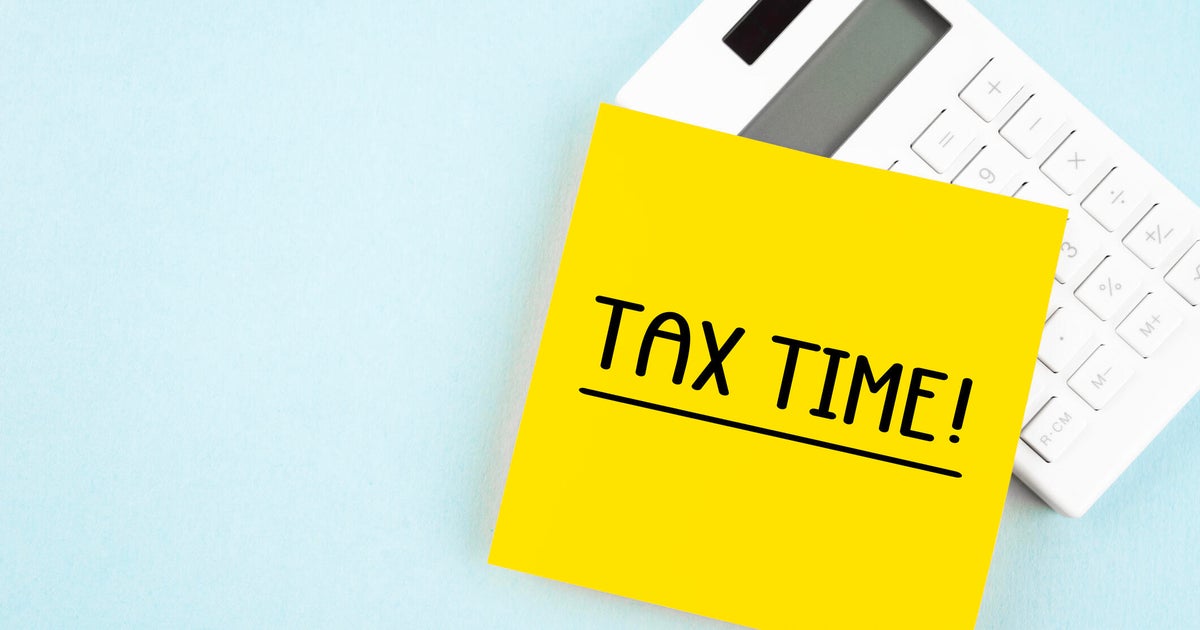4 bad savings habits to break right now
Having a strong financial foundation is crucial at any time — but it's especially important during periods of economic uncertainty so you're prepared for what's to come. Right now, inflation is devaluing the dollar and there's a potential recession on the horizon, so it's a smart time to focus on building your savings.
But the reality is that it's easy to fall victim to detrimental savings practices that hinder your ability to grow your wealth and secure your financial future. Just take the recent savings account statistics as proof. According to a recent survey, over half of Americans (57%) had less than $1,000 in their savings in both 2022 and 2023 — and about 33% of Americans had $100 or less in their savings account going into the new year.
Those average savings account balances simply won't cut it if an unexpected expense comes up — whether you need to pay a large medical bill, are temporarily unemployed or face any other financial hardship. If you want to prepare your finances to weather any storm, you'll need to focus on cultivating good savings habits — and getting rid of the bad ones.
Find out the top savings account rates that are available for you right now.
4 bad savings habits to break right now
Here are a few bad savings habits that you need to break right now to help you achieve financial stability and independence.
Not having a savings goal
One of the most common mistakes people make is not setting clear savings goals. Without a specific target in mind, it's challenging to stay motivated and focused on saving money. And without a clear purpose for your money, it can also be a lot easier to dip into your savings account for things you don't need.
Rather than putting money away without a direct purpose, make sure to set realistic and achievable savings goals for each account you open. This provides direction and purpose, making it easier to manage your finances effectively. Whether it's saving for a down payment on a house, paying for a dream vacation or putting money away an in emergency fund, having a goal will keep you on track and motivated.
Not taking advantage of interest-earning opportunities
Leaving your hard-earned money in a regular savings account with minimal interest is a missed opportunity. Right now, the average rate on a regular savings account is a little more than 0.5%, which won't help your money to grow very quickly. But there are other low-risk options for earning higher rates of interest on your savings. Two of the best options are high-yield savings accounts and certificates of deposit (CDs), both of which offer much higher rates than the average savings account.
As of August 1, there were numerous high-yield savings account options offering rates over 4.5%, which is a lot better than what you'd get with traditional savings accounts. And in most cases, you'll get the same perks as you would with a regular savings account, including the ability to easily access your money, along with no monthly fees and online account management.
If you're saving for a long-term goal — or won't need access to the money in your savings in the near future — CDs are another good option for getting fixed, guaranteed interest over a specific period. While you have to leave your money deposited in the CD account until it matures, it's not uncommon to find CDs with rates above 5% right now — and that includes short-term CD options. By capitalizing on these higher interest rates, your savings will see more substantial growth over time.
Explore your high-yield savings account options here now and start earning more interest!
Not saving regularly
Consistency is key when it comes to saving money — but not all savers put the emphasis on making regular deposits into their savings accounts. Rather, they fall into the bad savings habit of treating saving as an afterthought, only contributing sporadically or when there's extra cash left over at the end of the month.
That strategy needs to go if you want to build a solid financial foundation. Adopt the habit of putting away money in your savings account first by setting aside a portion of your income as soon as you receive it. Automate your savings if possible so part of your paycheck goes right into your savings account, ensuring regular contributions without the temptation to spend that money elsewhere.
Not saving for emergencies
Life is unpredictable, and emergencies can arise at any time or place. But while we've all dealt with an unexpected bill or two, not many people put enough money away in an emergency fund to cover these types of issues. In fact, only 4 in 10 Americans would be able to cover an emergency of $1,000 or more using the money in their savings account, a recent survey shows.
Without an emergency fund in place, you may find yourself relying on credit cards or taking out loans to cover unexpected expenses, which can lead to debt accumulation — which is a slippery slope. Breaking this bad habit means prioritizing the establishment of an emergency fund with the equivalent to three to six months' worth of living expenses. This cushion will act as a financial safety net, providing peace of mind during challenging times.
Don't miss out! Learn more about the savings account rates available right now.
The bottom line
If you want to ensure that you're on solid financial footing, it's essential to break your bad savings habits as soon as possible. By setting clear savings goals, saving regularly, taking advantage of high-yield accounts and CDs and building an emergency fund, you can establish a strong foundation for your financial well-being, leading to increased financial security and peace of mind over time.




